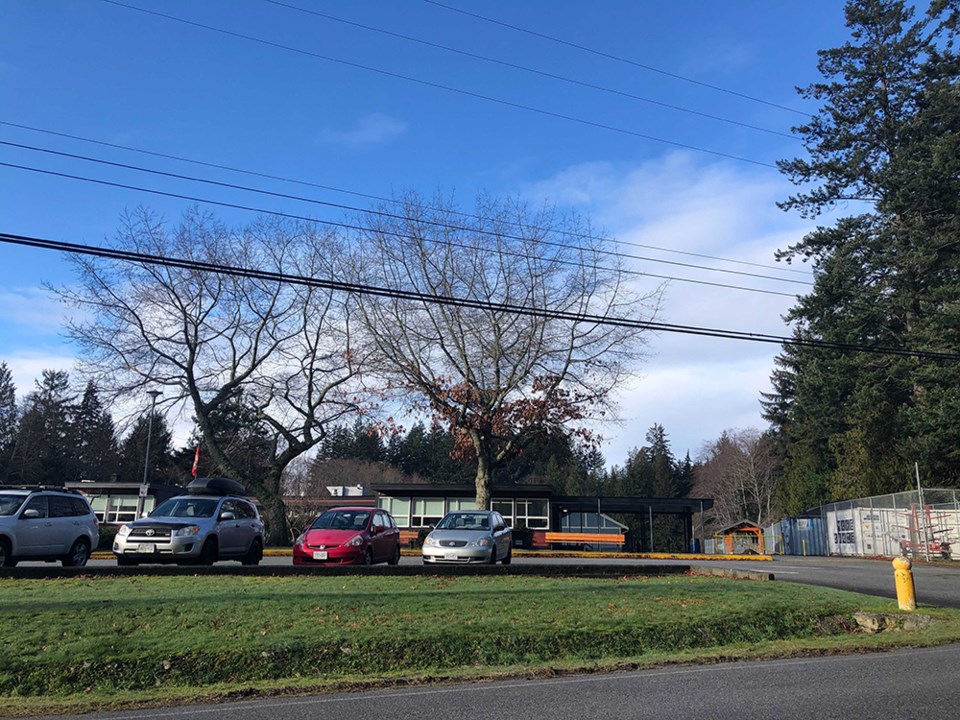Kelly Creek Community School is under a water advisory after discovery of elevated levels of arsenic in the school’s water supply.
According to a media release from Vancouver Coastal Health (VCH), after an inspection of the water system at the school by VCH health protection, arsenic levels above the maximum acceptable concentration (MAC) for drinking water was detected. The release stated that MACs are set at a low limit based on a lifetime of exposure to a given contaminant; relatively brief exposures are lower in risk.
Routine testing of the school’s water supply has demonstrated safe levels until now, the elevated levels were detected early, and VCH medical health officers have assessed the risk to students and staff at the school as very low.
When students and staff return to the school on Monday, they will be provided with bottled water while maintenance of the water treatment system occurs, as well as a full spectrum of testing to check for the presence of other chemicals or metals, the release stated. Two consecutive clear arsenic samples are required before VCH will remove the do not use advisory on the school’s water, and increased testing will be implemented to ensure the drinking water remains safe going forward.
Vancouver Coastal Health wants to remind all owners and operators of private water systems in the region that maintenance and testing for water quality and contaminants are important safeguards and should be scheduled routinely.
The release stated that arsenic is a natural element found in rocks in the earth’s crust, and may be concentrated in higher amounts in groundwater supplies like drilled wells, rather than in surface water supplies such as lakes, streams and rivers. It has been commonly found in groundwater in the qathet region and on the Sunshine Coast, which is why regular testing of well-water systems is necessary to ensure increased levels can be corrected long before people consume enough drinking water for a risk to be posed to human health, according to VCH.
While public drinking water systems are monitored regularly, most private wells do not have routine testing for water quality or contaminants, and it is the well owner’s responsibility to test the water for arsenic. Only a chemical test can detect its presence since it has no odour or taste in drinking water.
Vancouver Coastal Health has an online document on well testing: vch.ca/Documents/Testing-Your-Well-Water.pdf.

.jpg;w=120;h=80;mode=crop)
